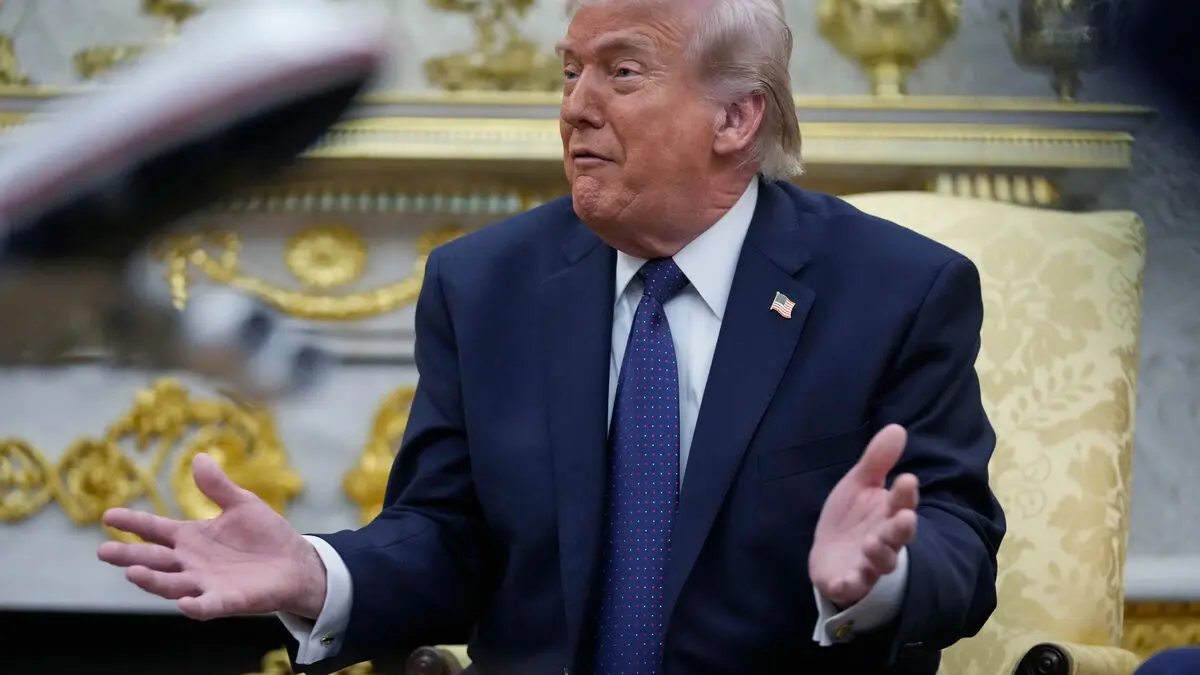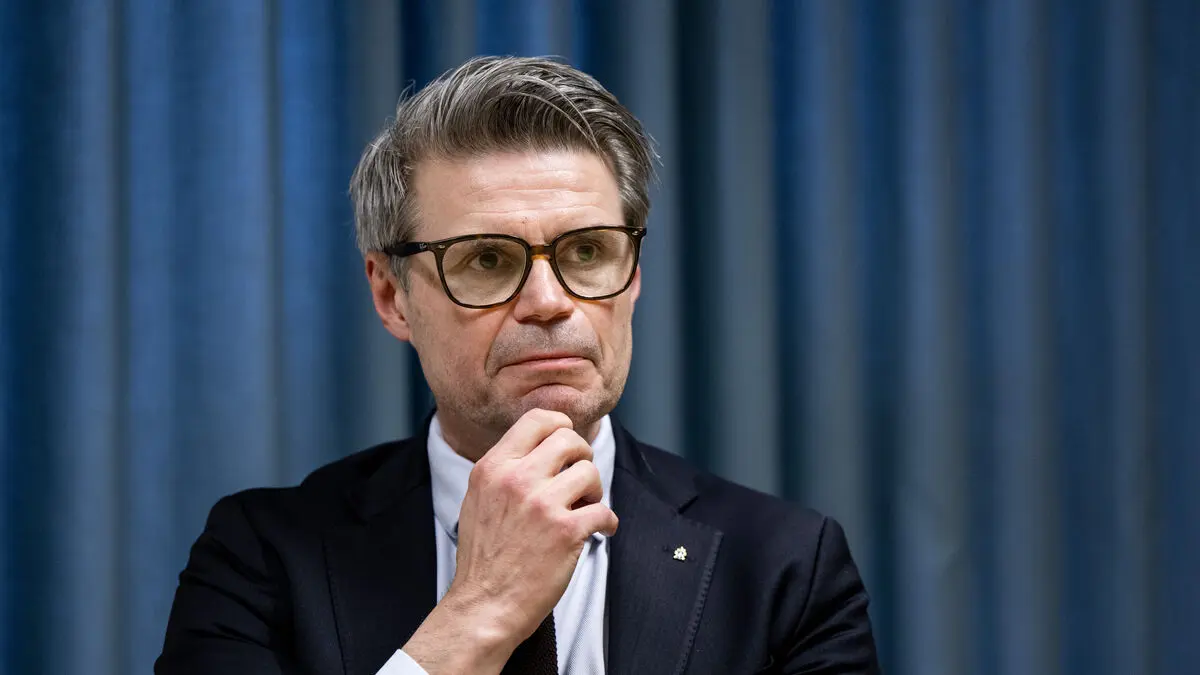The summit in Beijing, where, among others, the President of the European Commission Ursula von der Leyen and China's President Xi Jinping will participate, is intended to highlight 50 years of diplomatic relations between the parties. But the meeting has already been shortened from the previously planned two days to one day.
So we should not have too high hopes for major progress, but I think the symbolic value is what we can hope for, says Robert Bergqvist and warns that the meeting has been watered down somewhat.
On Monday, China's Foreign Ministry confirmed that President Xi Jinping will actually attend the meeting, after it was previously uncertain. Robert Bergqvist says that it is of great symbolic value that the EU sends the Commission's President Ursula von der Leyen and that China has its president there.
I really hope it will be at that level, because it would be a very important symbolic act, not least towards Washington.
A balancing act for the EU
The US tariffs increase China's desire to export to the European market, but the price pressure on goods can hit European companies hard. For the EU, it is essential to find a common stance with Beijing on what is reasonable when it comes to the export of Chinese goods.
It will be an extremely delicate task ahead.
Furthermore, he says that both the EU and China are trying to find alternatives to exporting to the US.
It is a permanent change in global trade flows aimed at making themselves less dependent on the US.
Robert Bergqvist says that the difficulty for the EU will be to maintain the balance between deepening cooperation and not increasing the risks through too great a dependence on China.
The EU should not disconnect itself from China and the Chinese economy, but we should try to minimize the risks in our relationship with China.
Previous mistakes
Robert Bergqvist says that the EU has already learned the hard way that it is not good to become too dependent on a single country. Among other things, he points out that the European countries, and then especially Germany, had previously hoped that the deeper the economic relations with Russia, the lower the risk of future conflicts.
It has, after all, been shown that it did not work at all.






